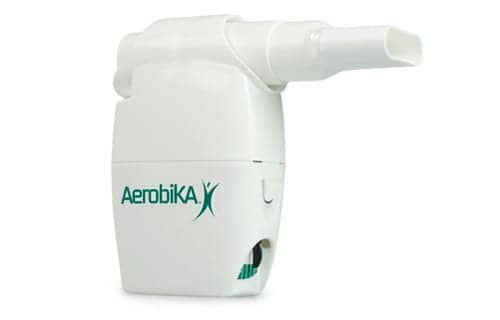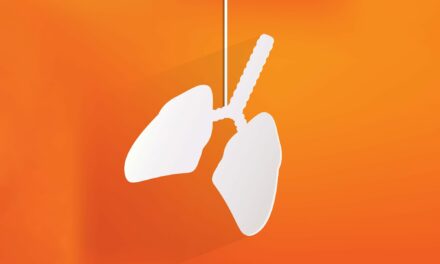A study published in Pulmonary Therapy indicates significant reductions in costs when using the Aerobika oscillating positive expiratory pressure (OPEP) device in the postoperative care setting, according to Monaghan Medical.
The retrospective database analysis including 288 patients undergoing cardiac, thoracic or upper abdominal surgery suggests that use of the Aerobika OPEP device in addition to standard of care (incentive spirometry, IS) was associated with fewer rehospitalizations, shorter hospital stays and lower costs compared with patients using standard of care alone.
At 30 days post-discharge, significantly fewer patients in the Aerobika OPEP device cohort were re-hospitalized (13.9 vs. 22.9%), and mean length of hospital stay was significantly shorter (1.25±4.04 days vs. 2.60±8.24 days) compared with the IS cohort. Costs due to hospitalizations were 80% lower in the Aerobika OPEP device group.
The burden of PPCs, especially in patients undergoing abdominal, thoracic or cardiac surgery, is substantial:
- Death rate is higher compared with patients who don’t have PPCs (at 30 days mortality is up to 10 times higher, and at 90 days up to 20 times higher)
- Resource use and costs are significantly increased (mainly due to longer length of hospital stay); a US database study of over 700,000 patients predicted that PPCs could lead to an additional 9,500 deaths, 92,000 extra ICU admissions and overall added costs to the US of US$3.42 billion.2
The causes of PPCs may be related to, among other things, shallow breathing and reduced airway clearance, therefore physical therapy techniques that increase lung volume and clearance have been recommended to reduce the risk and severity of PPCs. One such technique is incentive spirometry (IS), which encourages the patient to take long, slow breaths by inhaling through a device to raise a ball or piston.3 The use of IS is common in clinical practice although there appears to be little evidence to support its value.3,4 Another commonly used intervention to prevent and treat PPCs is positive expiratory pressure (PEP) therapy, which involves breathing against expiratory resistance.










